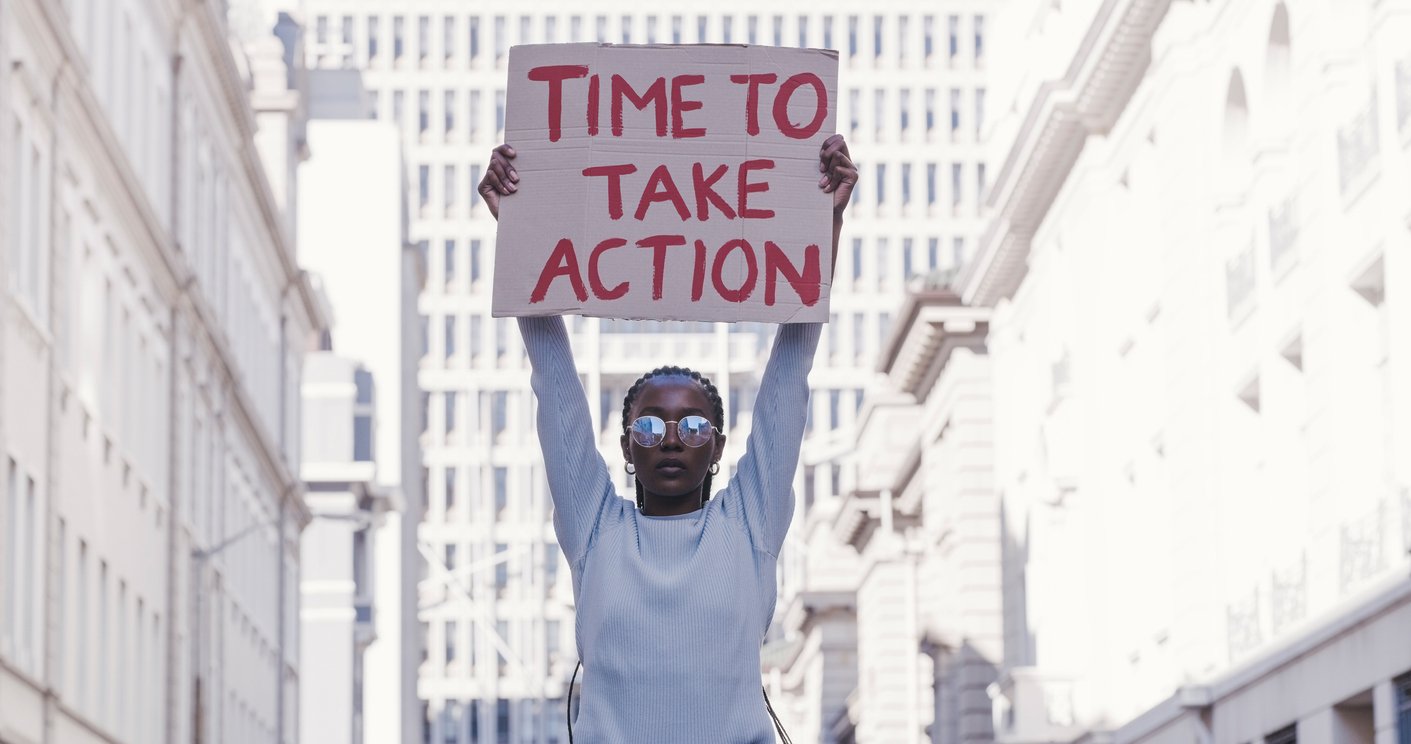
As Donald Trump enters his second term, civil rights groups across the country are raising red flags for what they call the increasingly over-planned, racially targeted and dissent-suppressed approach. From immigration policies rooted in wartime laws in the 18th century to active repression of protest and voting rights, critics warn that government actions threaten the core freedoms established in the country. The most shocking development involved the use of the Foreign Enemies Act of 1798 to weaken and expel invalid immigrants. Recently, the Trump administration attempted to compare Venezuelan immigrants who were accused of gang affiliation under this historic law, with Japanese Americans during World War II. The Supreme Court stepped in to temporarily block these dismissals, but civil rights lawyers warned that the use of such laws reflects a disturbing shift to authoritarianism. With the immigrants of Bellon, there are growing concerns over the government's concerns about the right to vote, freedom of the press, freedom of the press and the way of protest. Over the past year, with the support of the Trump administration, several states have enacted laws that restrict mail-in voting, clear voter volumes, and limit access to voting venues, especially among black and brown communities. Legal experts say these efforts disproportionately affect marginalized voters and undermine democratic participation. At the same time, activists and journalists face increasing surveillance and harassment. Some people were reportedly tracked, questioned or added to the surveillance list to protest or report on government policies. The Justice Department has been under scrutiny, some believe it is intended to keep the opposition silent. Attorneys, lawyers and historians warn that these strategies reflect the strategies used by the fascist regime, targeting vulnerable groups, weakening institutions, weakening institutions, working to fear to consolidate the struggle rather than challenging here. Fragile communities. Everyone accepts donations to support legal efforts, grassroots organizations and policy reforms: 1. The American Civil Liberties Union (ACLU) website: https://www.aclu.orgfor For over a century, the ACLU has worked hard to protect the rights and freedoms of the constitution. They are actively challenging immigration policies, voting restrictions and the Trump administration's surveillance program. 2. NAACP Legal Defense and Education Foundation: https://www.naacpldf.org The NAACP Legal Defense Fund is a leadership force for racial justice. They are postponing voter repression, racial profiles and discriminatory policing practices 3. Southern Poverty Law Center (SPLC) website: https://www.splcenter.orgthe spplc monitors hate groups, exposes extremist networks, and provides legal support for those who discriminate against. Their work is crucial as the far-right continues to gain momentum in American politics. 4. Brennan Justice Website Center: https://www.brennancenter.orgbas of Nyu Law, Brennan Center is committed to reforming the legal system, protecting voting rights, and defending civil liberties in courts and the legislature. 5. The Center for Constitutional Rights (CCR) website: https://www.ccrjustice.orgccr uses litigation and advocacy to challenge government abuse and fight for social justice. They conducted an ice age for illegal detention and civil rights violations, actions by the Department of Justice and law enforcement agencies. The current political climate is testing the United States’ commitment to democracy, freedom and equality. But history shows that organized resistance, legal challenges and public support can oppose injustice. Whether it’s through donation, education, or activism, supporting these organizations is a way to get the most tested period, just like loading: Like loading: Discover more posts from Baller Serverscribe for the latest posts sent to you.
Source link


